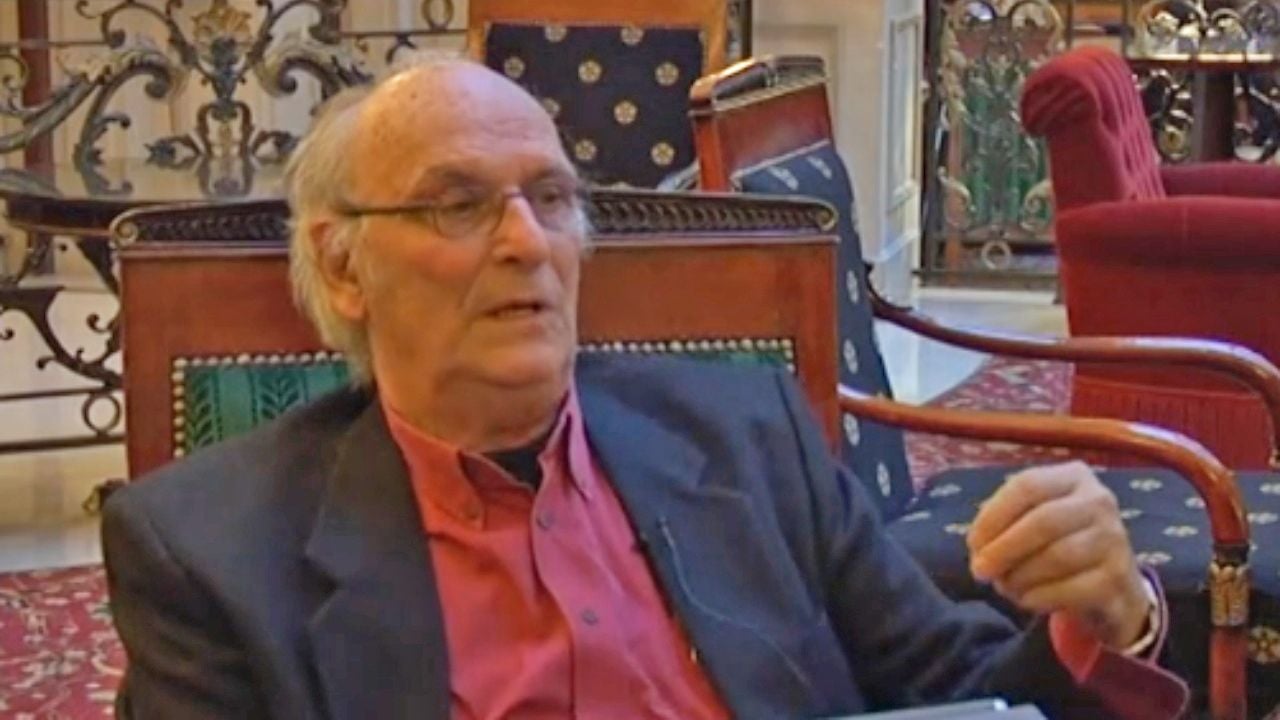
Spanish director Carlos Saura has died aged 91. He had received an honorary Goya for his entire career, and signed among others “Cría Cuervos”, “La Chasse” and “Carmen”.
The Academy of Cinematographic Arts and Sciences of Spain has announced the death at the age of 91 of Carlos Saura, director of Cría Cuervos, joint Grand Jury Prize at the 1976 Cannes Film Festival. His influence has radiated far beyond his native country, placing him as a major international filmmaker.
He had won the Golden Bear in Berlin for Deprisa, deprisa (1981) and twice the Silver Bear for Best Director for Peppermint struck (1967) and The Hunt (1966).
Carlos Saura was born into a family of artists: his pianist mother and his painter brother introduced him very early on to works that would determine his career. As a teenager, he embarked on photography, which he made his profession, then began to produce reports.
In 1952, he enrolled at the Instituto de Investigaciones y Estudios Cinematograficos and taught there at the end of his studies until 1963. He made his first feature film and provoked the wrath of the Franco regime in 1959 with Los Golfos, in which he tackles a theme that will be dear to him: that of the marginalized.
Aiming at censorship, the filmmaker uses metaphors and symbolism, which allows him to criticize Franco’s society and to attack the pillars of the regime, which are the church, the army and the family, in films such as The Garden of Earthly Delights (1970), Anna and the Wolves (1972) and La Cousine Angélique (1973).
Throughout this period, Carlos Saura was inspired by a muse with whom he shot nine films and whom he ended up marrying: Geraldine Chaplin. He achieved his greatest success with Cria Cuervos, which won the Grand Jury Prize at Cannes in 1976 and whose original music was a real hit.
From the 80s, Carlos Saura became particularly interested in music and dance. This is an opportunity to give free rein to a pictorial aesthetic with effects of transparency, projections and particularly neat lights. He thus produced a flamenco trilogy composed of Carmen (1983), Blood Wedding (1981) and Sorcerer’s Love (1985).
Later, the Spanish director also celebrates the tango in his film of the same title (Tango, 1998), always in collaboration with the dancer and choreographer Antonio Gades. The following year, he delivered a personal portrait of one of his favorite painters with Goya, condensed with the pictorial aestheticism and fantastic realism that characterized him. In 2002, he finally returned to flamenco by filming the dancer Aida Gomez through the ballet of Salomé.
Returning to Spanish roots, 2005 saw the rebirth of Carlos Saura on the big screen with The 7th Day, alongside Victoria Abril and José Garcia. Prolific, the director produced Fados two years later bringing his personal touch to this Portuguese musical genre.
Always very inspired by music in all its forms, he delivers in 2010 a historical adaptation with Don Giovanni, birth of an opera, the story of Lorenzo da Ponte, young priest friend of Casanova banished from Venice, then Flamenco, Flamenco, a journey to the heart of this famous dance born in Andalusia.
In 2015, the filmmaker directed the documentary Argentina, a musical trip to Argentina, then seven years later Le Roi du monde, an original musical film halfway between documentary and fiction. The following year, he signed Las paredes hablan (2022), with which he goes back to the origins of art.
He died at the age of 91 while working on a historical film dedicated to Johann Sebastian Bach.

